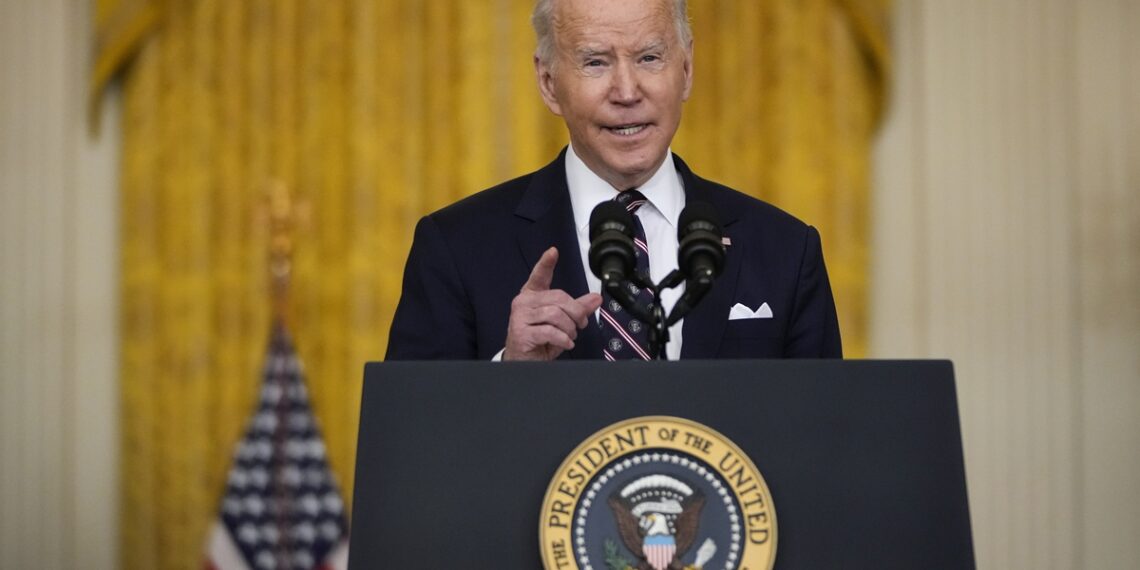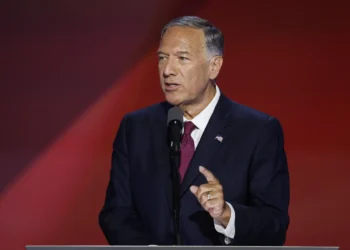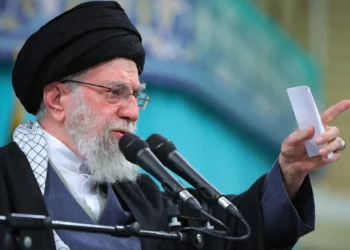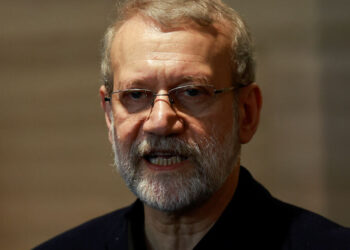WASHINGTON (Realist English). As per analysts of China’s most informative English-language newspaper, Biden wants to use the situation in Ukraine to make the two US’ political parties look as united as possible, but on such urgent and serious internal problems as inflation and the COVID-19 pandemic, the partisan struggle will not disappear and will continue. Biden’s speech simply demonstrates that he cannot offer anything more effective for solving internal problems than “sentimental words”.
New Fulton speech?
Observers note that the address, that had traditionally focused on domestic issues, was influenced by the ongoing geopolitical conflict in a new hot spot in Europe. The harsh words that Biden used against Russia may signal the return of the Cold War. Still, Chinese analysts believe that Biden’s speech was below the level of the Winston Churchill’s “Iron Curtain” speech. Behind the overly expansive words of Biden’s speech, they discovered the weakness of the United States.
Diao Daming, the associate professor at the Renmin University of China in Beijing, said that Biden’s speech did not undicate the US will make significant changes to its strategy such as labeling Russia as its top enemy.
Shen Yi, a professor at the School of International Relations and Public Affairs of Fudan University, told the Global Times that “Biden wants to show his toughness toward Russia but this just makes the weakness of his administration exposed more clearly”.
“If the US has been prepared for Russia’s military operation in Ukraine, why is Washington still discussing with other countries on how to sanction Russia on SWIFT? If US intelligence agencies can make correct early-warnings about Russia’s operation, but the White House failed to fully prepare for sanctions, the US’ capability and national strength are in trouble,” Shen said.
Target: China?
Biden mentioned China twice during his State of the Union Address, but the China-related content was associated with US home affairs like the economy and technology, rather than geo-political strategy, and sensitive topics such as Taiwan. Xinjiang or Hong Kong were not mentioned at all.
Lü Xiang, a research fellow at the Institute of American Studies at the Chinese Academy of Social Sciences, told the Global Times that the US wouldn’t further provoke China either in terms of languages or the tone.


















